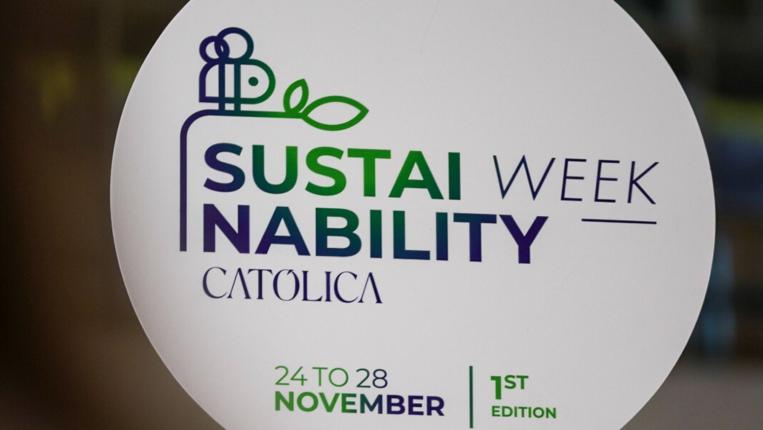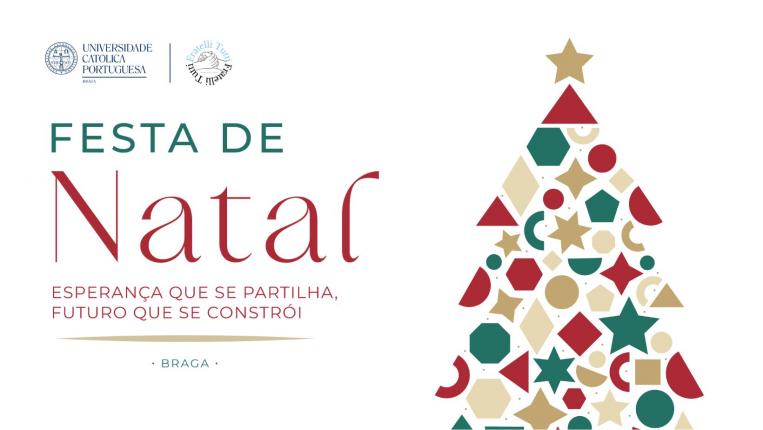A Universidade Católica Portuguesa (UCP) took part in the EUA Funding Forum, held on October 3rd and 4th 2024 at the University of Helsinki, Finland. This forum, organised by the European University Association (EUA), brought together more than 250 representatives of European higher education institutions to discuss the future of university funding and new forms of international collaboration.
UCP, a member of the Transform4Europe Alliance (T4EU) and leader of the T4EU Outreach Working Group, contributed to the debate on European integration in higher education, exploring new opportunities for co-operation and funding.
Isabel Capeloa Gil, President of UCP, took part in the session ‘Where we are, where we're heading: the future of university funding’. The debate, which also included Enora Bennetot Pruvot (Deputy Director of EUA) and Alex Usher (President Higher Education Strategy Associates), focussed on the future of higher education funding and its trends and challenges.
Francisco Mendes-Palma and Aline Villas Boas
(UCP and T4EU) co-organised the session ‘Paving the road to successful partnerships’ in collaboration with Liliya Terzieva and Jerke Verschoor (The Hague University of Applied Sciences, Netherlands) and Pavlina Vujović (Strascheg Center for Entrepreneurship, Germany).
This panel discussed how to create and maintain successful partnerships in the long term, focusing on the sustainability of university alliances, governance models and optimising funding mechanisms.
During the session, the need for strategic clarity, diversification of funding sources and the necessary foresight beyond European support funds were addressed. The discussion also covered how European university alliances, such as Transform4Europe, can be key instruments for the future of higher education, promoting excellence in teaching, innovation in research and accessibility to education.
The EUA Funding Forum transcended the mere debate on funding mechanisms in European higher education, becoming a privileged space to capture the trends that will shape the future. This future requires the creation of models that go beyond current programmes, with an emphasis on transparency, the autonomy of institutions and the concrete impact of universities on society, through outreach strategies and cooperation with local and global partners.
Católica's participation in the forum reinforces its commitment to fostering the process of European integration in higher education, namely, as Francisco Mendes-Palma says, ‘in actively contributing to the discussion on the future of university funding and the role of European university alliances in developing sustainable models of collaboration with a range of local, regional, national and global partners.’




